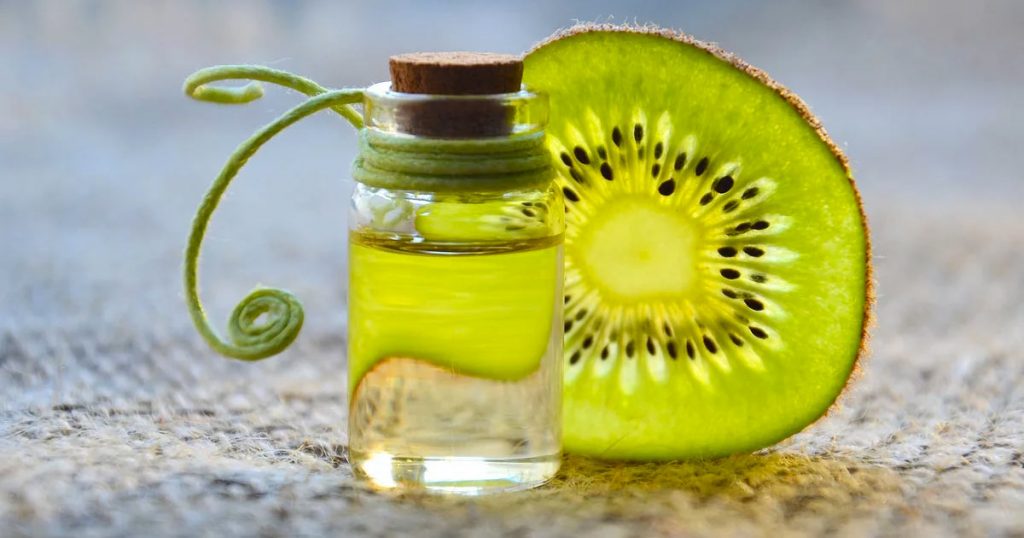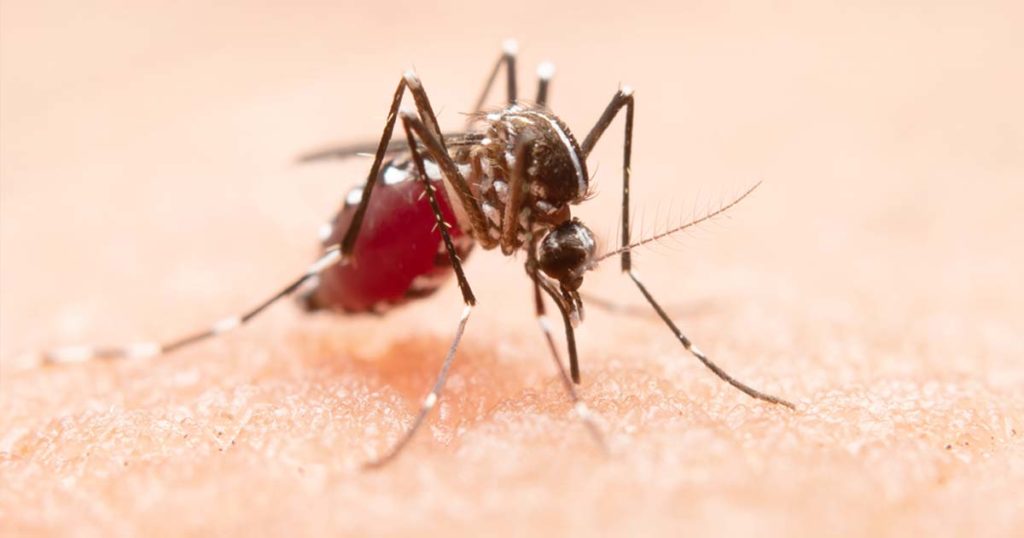The kiwi fruit is a native of China and became known to the western world only in the twentieth century. Its popularity has grown because of the many health benefits arising from its contents.
Contents of the Kiwi Fruit
The composition of kiwi fruit includes essential nutrients. Kiwi fruit contains many Vitamins like E and A, and a high amount of Vitamin C, other antioxidants like flavonoids and carotenoids, and minerals like potassium, zinc, folate, and magnesium. It has more vitamin C than oranges and as much potassium as bananas. It has no fat, low carbs, but is rich in dietary fiber. In fact, kiwi fruit has more fiber than a bowl of bran cereal. Kiwi fruit oil can be obtained by crushing the seeds and is rich in Omega 3 essential fatty acids.
Health Benefits of Antioxidants in Kiwi Fruit
Kiwi fruit has a number of health benefits because of the presence of antioxidant vitamins and other antioxidants. Flavonoids are antioxidants, so they neutralize free radicals and protect our cells from oxidative damage.
Vitamin C boosts immunity and provides protection against diseases like cancer, stroke and cardiovascular problems. It also alleviates conditions like osteoarthritis and asthma. Vitamin E works with vitamin C to fight free radicals and fights aging and stress. It also boosts immunity and lowers cholesterol. Kiwi fruit is beneficial for respiratory tract problems like asthma, coughing and wheezing.
Because of antioxidant vitamins and the phytochemical lutein, it provides protection from age-related macular degeneration, one of the major causes of vision impairment. It also prevents glaucoma and cataracts.
Other Health Benefits of Kiwi Fruit
The fiber helps to alleviate conditions like colon cancer and diabetes and lower cholesterol levels, thus preventing heart diseases.
The vitamin C, potassium and polyphenols all work together to prevent heart problems. The balance of potassium-sodium also contributes to a healthy heart. The potassium also helps to maintain fluid and electrolyte balance in the body.
Serotonin in kiwi fruit has a calming effect. Magnesium boosts energy levels and improves muscle and nerve functions. Folate is essential during pregnancy to prevent birth defects. Zinc contributes to healthy skin and hair, and nails and teeth. The fruit also has an enzyme that breaks down proteins.
Sugar alcohol, called Inositol, occurs naturally in kiwi fruit and helps to control depression and alleviate diabetes. The low glycemic index of 52 makes it ideal for diabetics and people on a weight loss program.
Kiwi fruit contains antioxidants like vitamins and polyphenols, minerals like potassium, and fiber. These nutrients contribute to a number of health benefits like preventing damage by free radicals, diseases like cancer and cardiac problems and vision-related conditions.
Note: Kiwi fruit contains oxalates that can cause some kidney and gallbladder problems, while it can also lead to latex allergy.
Disclaimer: The information contained in this article is for educational purposes only and should not be used for diagnosis or to guide treatment without the opinion of a health professional. Any reader who is concerned about his or her health should contact a doctor for advice.
Sources:
- California Kiwifruit Commission. (n.d.). “Health & Nutrition.” Accessed from Kiwifruit.org on February 7, 2012.
- Angew Chem, November 19, 2007, The George Mateljan Foundation. (n.d.) “Kiwifruit.” Accessed from WHFoods.com on February 7, 2012.






